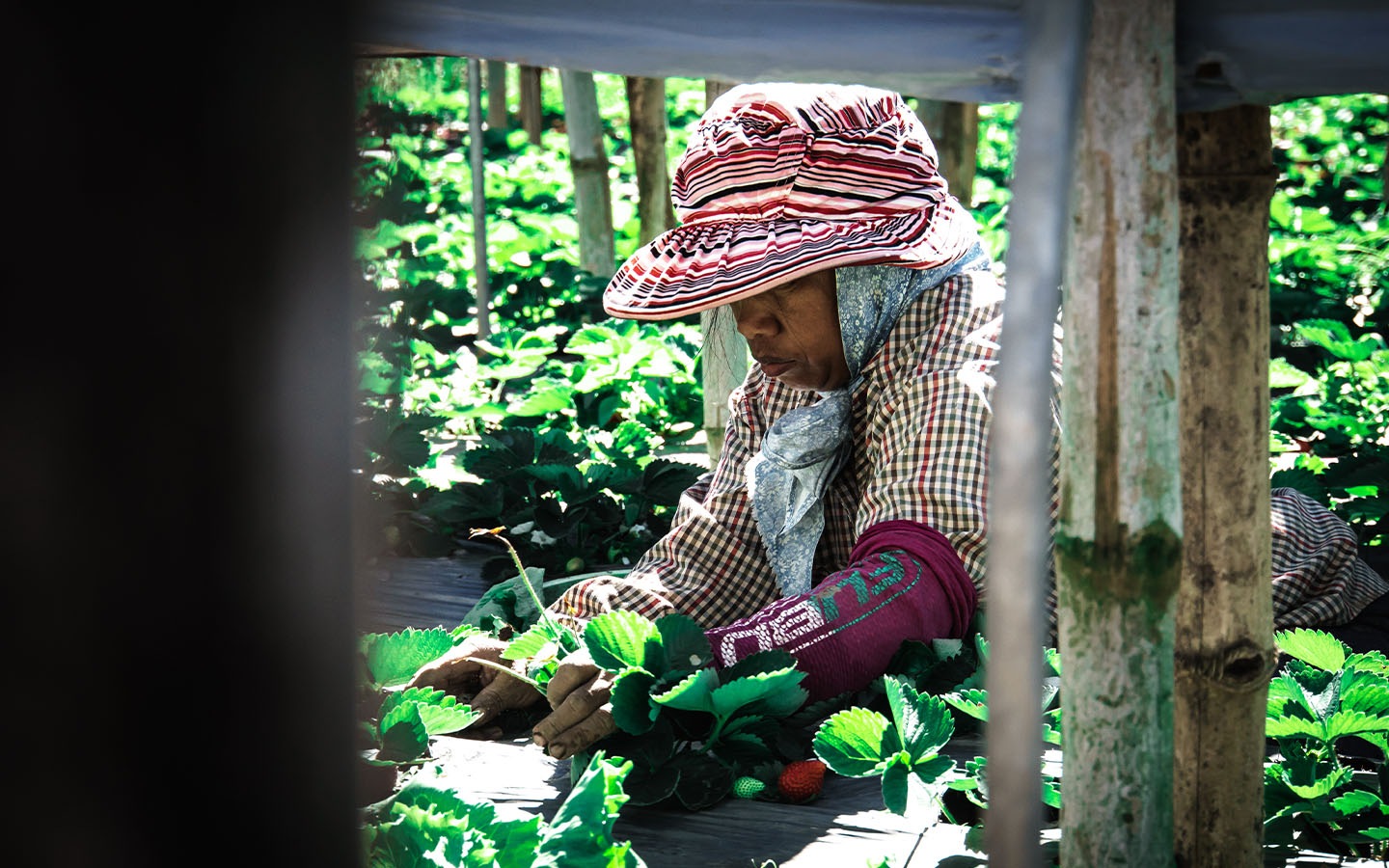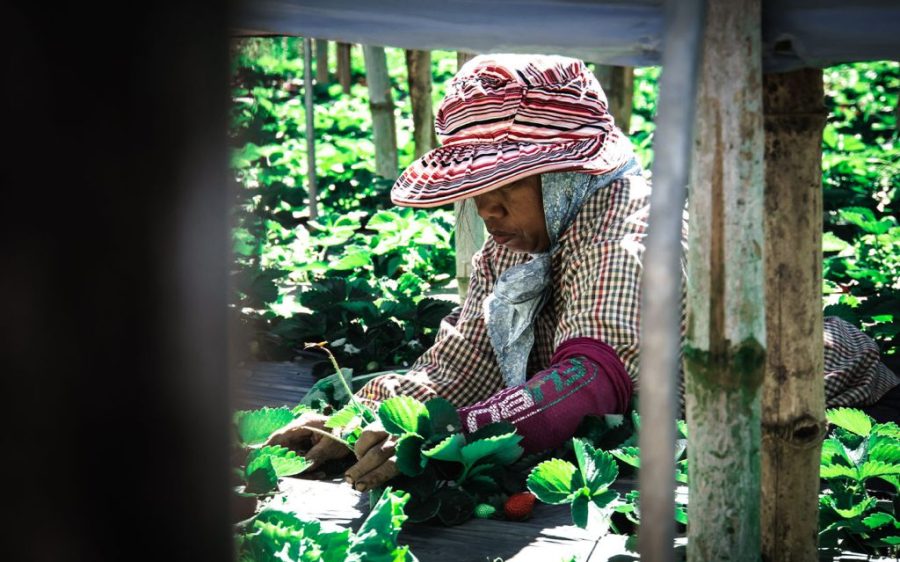Philippine migrant workers in Macao are being encouraged to invest their remittances into thriving agricultural enterprises back in the Philippines under an official scheme. The initiative aims to reframe such workers not just as economic contributors but as future pillars of rural development and national food security, according to a post on the Philippines’ Department of Agriculture website.
The department’s marketing unit, in collaboration with other government branches, recently spearheaded the Forum on Agribusiness Opportunities in the Philippines in Macao on June 28. A similar event was held in Hong Kong on June 29.
The Macao forum saw 87 participants eagerly explore agribusiness as a viable pathway to return home. Through advice, successful case studies, and pledges of government backing, the sessions unveiled new avenues for such workers ready to transition their homecoming into a prosperous agricultural undertaking. With over 26,000 Philippine workers in Macao, the city was strategically chosen for its robust Filipino community and potential for successful reintegration initiatives.
Genevieve E. Velicaria-Guevarra, the assistant secretary for agribusiness, marketing, and consumer affairs, led the Philippine delegation. In her opening remarks, she emphasised the mission to empower returning workers as business owners. “Your hard work, remittances, and resilience keep our economy afloat. And now, by exploring agribusiness, you are taking the next bold step – not only in securing your future, but in ensuring food and nutrition security, rural development, and economic sustainability for our country,” she stated.
Philippine Ambassador to China Jaime A. FlorCruz underscored the country’s agricultural heritage, offering a heartfelt reminder: “It is important that we earn, it is important that we save, but the most important thing is to grow what we save. Why agribusiness? The Philippines is still an agricultural country.” (Remarks translated from Tagalog.)
[See more: Brazil’s agriculture sector looks set for record harvests this year]
The forum also showcased compelling stories of transformation. Cecilia Corpus, owner of RP Corpus Sales Enterprise in Central Luzon, and Rebecca Tubongbanua, founder of McNester Food Products in Western Visayas, shared how they converted years of overseas work into successful agribusiness ventures, aided by government programmes in product development, processing, and promotion.
Attendees gained knowledge of concrete investment opportunities across key agricultural sectors. Rene C. Santiago from the Bureau of Animal Industry detailed potential business models in poultry and livestock production, while Regine Patino of the High Value Crops Development Program discussed promising investments in fruits, vegetables, and other high-value crops.
Training and upskilling were also highlighted, with Remelyn Recoter, Director of the Agricultural Training Institute, presenting available capacity-building programmes and extension services designed to equip returning workers and their families with practical agricultural expertise.
Magdalena Casuga from the Agricultural Credit Policy Council introduced a range of financing options tailored for agripreneurs, and Segundo Guerrero Jr. of the Philippine Crop Insurance Corporation outlined risk management tools and insurance programmes for small-scale agribusinesses.
As a follow-through, officials have pledged continued technical assistance, mentoring, and market linkages to support returning migrant workers embarking on their entrepreneurial journeys in the agriculture sector.
This article was drafted by AI before being reviewed by an editor.






